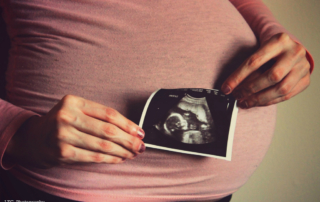Study Supporting the Reproductive Safety of Gabapentin During Pregnancy
Gabapentin (Neurontin) is now used in a wide variety of clinical settings — for the treatment of epilepsy, pain management, restless leg syndrome, anxiety, and sleep disturbance. However, there is relatively little information regarding [...]








